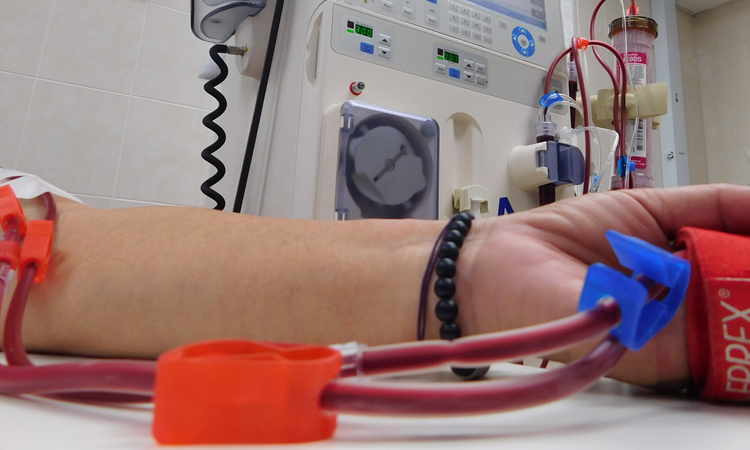- About
- Kidney Disease
- Public Education
- Treatment
- Patient Welfare
- Training
- Events
- SUPPORT US
- News
- Research


Haemodialysis involves a filtering process to remove water and harmful wastes. Blood is pumped through a plastic tubing to a filtering device called a “dialyzer” or “artificial kidney”.
Every haemodialysis will be individualized but generally for an average-sized individual it takes an average of 4 hours per session and 3 treatments a week. You will need to travel to the dialysis centre and there is normally a fixed dialysis schedule for you. However, home haemodialysis is a viable option in certain cases.
Advantages of Haemodialysis
Facilities are widely available
No dialysis supplies to be kept at home
Carried out by trained staff
Regular contact with other patients
Disadvantages of Haemodialysis
Vascular access surgery required
2 needles inserted at each treatment
On restricted diet and fluid intake
Time and travelling cost to haemodialysis centre
